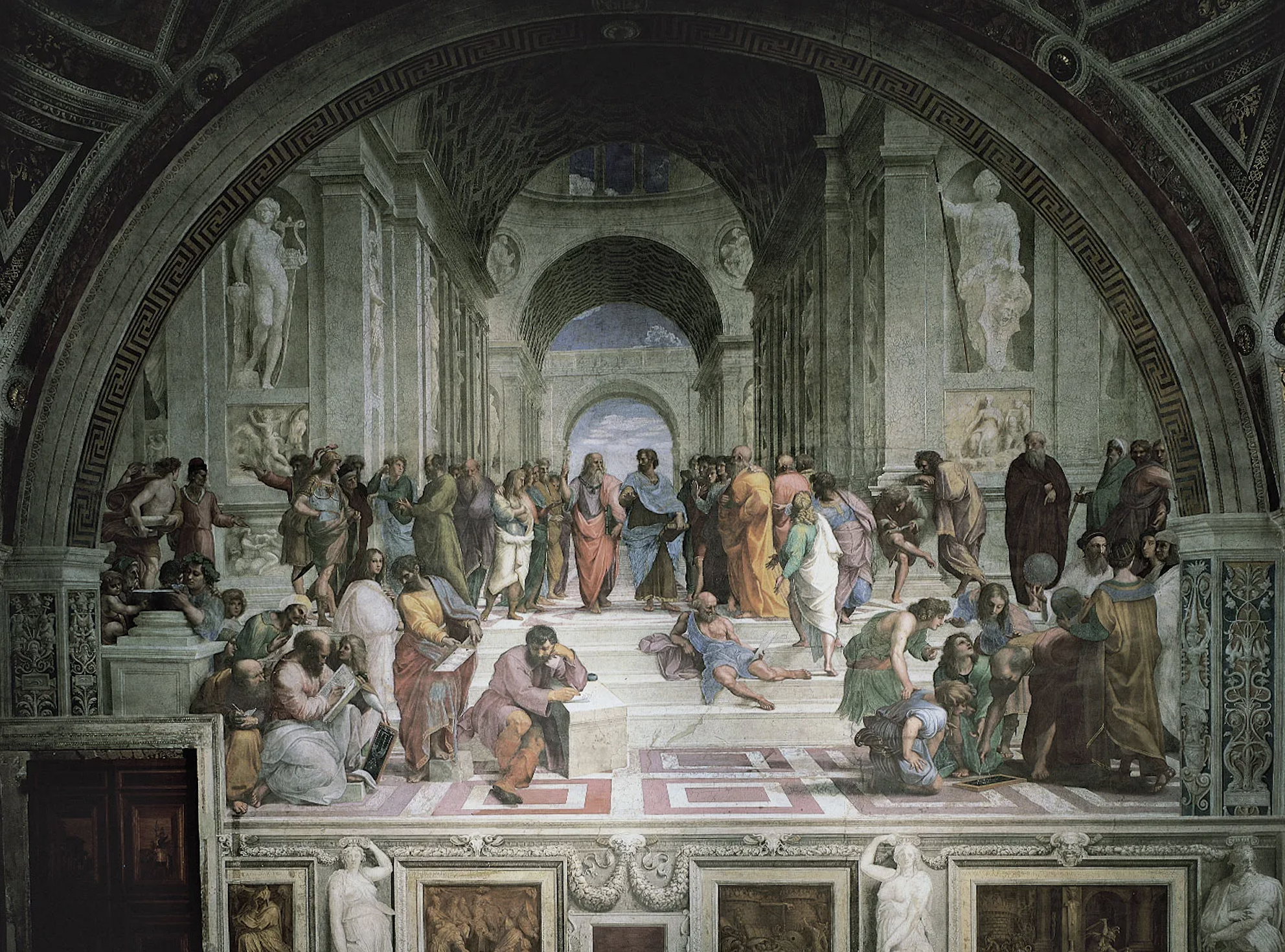Ancient Greek Philosophy Illuminates Energy Infrastructure
/Many years ago, I had the privilege of reading A History of Western Philosophy, by Frederick Copleston, SJ. What struck me continually throughout this massive nine volume history was Copleston’s ability to communicate in clear English, no matter how difficult the concepts, as well as the grace, charity and enthusiasm he had for the continual parade of ideas and their interconnectedness.
I think my most enduring takeaway is that even the most ancient of philosophers made not only significant contributions, but enduring contributions to the history of philosophy in the west.
To elaborate and give an example: the concept of the four elements - earth, water, air, and fire - has been an enduring idea in Western thought for millennia. These elements were thought to be the building blocks of all matter and were essential to life and creation.
The concept of the four elements dates back to ancient Greece, where it was first proposed by the philosopher Empedocles around 450 BC. According to his theory, all matter was made up of these four elements in varying proportions. Later philosophers and scientists, including Aristotle, expanded on this theory and used it to explain various natural phenomena.
So it’s not that the notion of four irreducible elements was ever “wrong”…. It’s more that the idea of these particular four irreducible elements was a starting point for the history of philosophy and indeed science which was to come. An essential starting point, actually.
What’s even more interesting is that the idea of four irreducible, basic elements is a useful construct for understanding the world, even still today.
I will explain more tomorrow.



